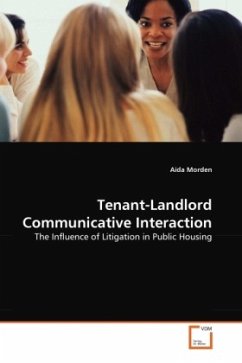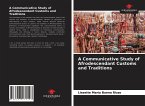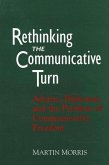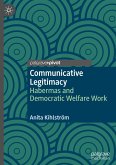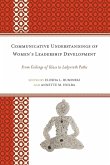The book investigates interactive behaviours between housing officers and tenants and the incidence of litigation public housing. The characteristics of communicative interaction and human relationships are described, together with the history of housing provision and the growth of litigation to resolve issues of conflict. It analyses how power- relating, ideological, and evaluative choices of housing officers and tenants influence their communicative interaction and the subsequent access and distribution of services and resources in the public housing sector.The findings revealed a conspicuous absence of research that focus on local interaction between housing officers and tenants in public housing. The study confirms the anti- dialogical nature of communicative interaction in public housing, which is iterated and sustained by the use of litigation, a mechanism that is increasingly being preferred to settle disputes, by both landlord and tenant.
Bitte wählen Sie Ihr Anliegen aus.
Rechnungen
Retourenschein anfordern
Bestellstatus
Storno

